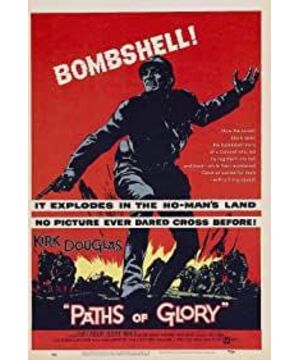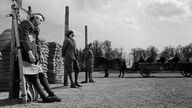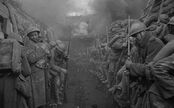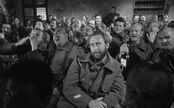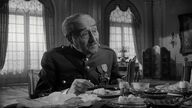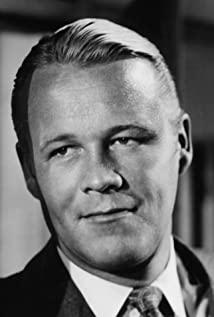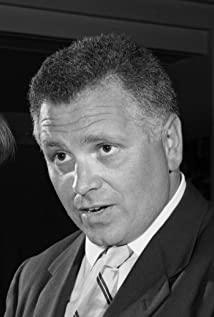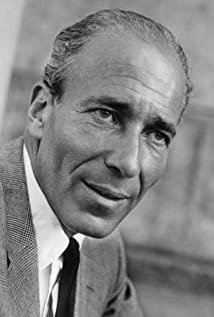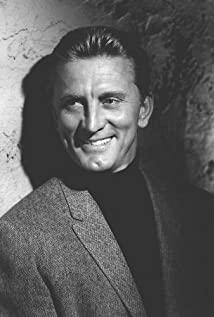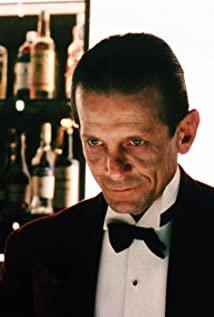Which road leads to glory? - After reading the movie "Road to Glory". Learn two background knowledge: 1. Director Stanley Kubrick, who died in 1999, was rated as the fifth most influential director in the world, and his shots were all excellent; 2. The male protagonist Kirk Douglas, a beautiful man, an old man People born in 1916 lived to February 2020 and lived to be 104 years old. Son Michael Douglas Oscar Best Actor. The film revolves around the causes and results of a small battle between France and Germany in World War I. Through the respective performances of the commanders and soldiers of the legion, it shows the absurd social background at that time, as well as the timeless human nature that continues to this day. War has always been a continuation of politics. The First World War was already an absurd war for some reason. The war against ant hill in the film was just launched by the top political and military officials to divert the attention of the public and the media, without any strategic and tactical significance. On behalf of the high-level purpose, Brollard made a special trip to persuade Paul. "Paul who values soldier's life above all else" for one extra star. Dax wanted to be with his soldiers. The rest of the people pushed from top to bottom just for the patriotism and the duty of obeying orders, and the war started according to the high-level expectations. For Brollard, as long as the beginning is enough, whether winning or losing, diverting the attention of the public and the media, he can continue his own wine and meat. For Paul, losing represents the failure of a star's promotion and the loss of honor, so he needs to find a scapegoat to take responsibility for his poor command, and at the same time maintain his prestige in the army by killing people. For Dax, it was something that he knew he couldn't do. He led his team to do their best, and he didn't want his soldiers to be used by his own people. Several people who were judged had no chance or room to choose, and could only be dragged to death by the incident. So, who is honored in this event? I feel honored that no one is going. Because at the end of the film, the soldiers forgot the death of their comrades and indulged in the carnival, and the songs of the German girl prisoners of war made them feel homesick and began to miss their lovers and relatives. And Dax was instructed to keep fighting, sadly no one knew why.
View more about Paths of Glory reviews


